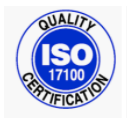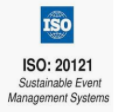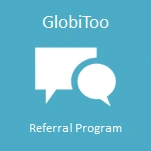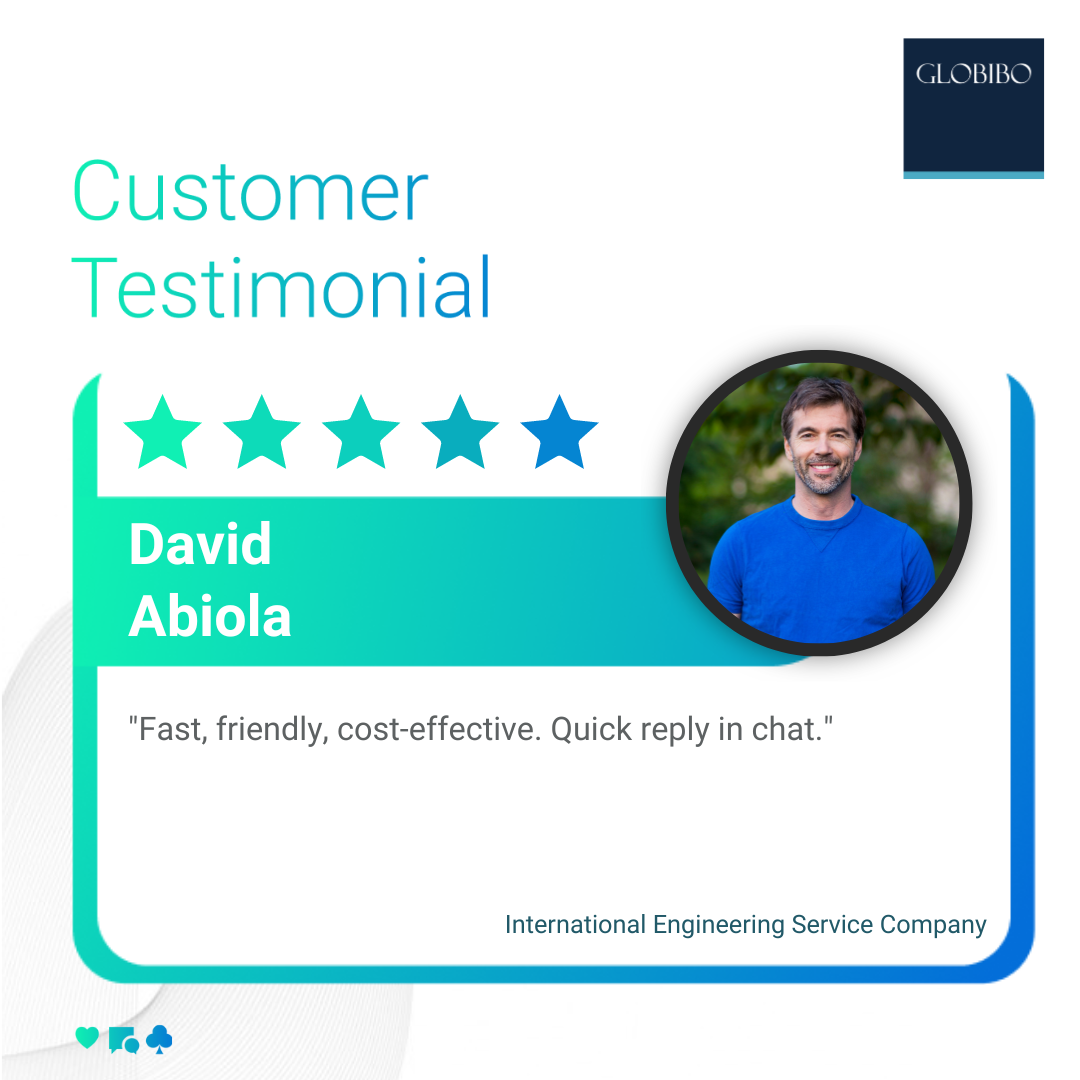Technical Conference Interpretation
Technical conference interpretation involves the accurate and efficient interpretation of technical terminology and concepts from one language to another in a conference or meeting setting. Technical conferences are typically focused on a specific industry or field and require a high level of subject matter expertise from the interpreter.
Technical conference interpreters must possess strong language skills as well as a deep understanding of technical terminology and concepts in both the source and target languages. They must also be able to keep up with the pace of the conference and accurately convey complex ideas in real time. The completion of a certain level of education and interpretation training is also required by many conference accreditation programs for interpreters.
When it comes to technical conference interpretation, Globibo is aware of the particular difficulties that must be overcome. As a result, we offer our clients the services of qualified interpreters who are fluent in both their native language and technical lingo, to make sure they can conduct accurate and efficient conference interpretation training.
We use the latest technology and interpreting equipment to ensure that our interpreters can deliver high-quality interpretation services, without affecting conference interpreters emotional health. Our commitment to excellence and customer satisfaction has made us a trusted provider of technical conference interpretation services for clients around the world.
The Role of Technical Conference Interpreters
The role of a technical conference interpreter is to accurately and efficiently translate technical terminology and concepts from one language to another in a conference or meeting setting. Technical conferences are typically focused on a specific industry or field and require a high level of subject matter expertise from the interpreter.
The following are just a few of the main duties of a technical conference interpreter:
- Language Interpretation: Technical conference interpreters must have strong language skills in both the source and target languages. They must be able to accurately and efficiently interpret technical terminology and concepts, while also maintaining the tone and meaning of the speaker.
- Subject Matter Expertise: Technical conference interpreters must have a deep understanding of the technical terminology and concepts related to the conference topic. This requires a high level of subject matter expertise and familiarity with industry-specific jargon.
- Adaptability: Technical conference interpreters must be able to adapt to the pace and complexity of the conference. They must be able to quickly and accurately interpret complex ideas in real-time, while also keeping up with the pace of the conference.
- Professionalism: Technical conference interpreters must maintain a high level of professionalism at all times. They must adhere to ethical standards, maintain confidentiality, and ensure that they do not insert their personal opinions or biases into the interpretation.
At the heart of the role of a technical conference interpreter is the ability to facilitate communication between parties who speak different languages and come from different cultural backgrounds. Their role is crucial in ensuring that all conference participants are able to understand and engage with the ideas and discussions taking place, which ultimately leads to a more productive and successful conference experience. We can also help you overcome language barriers in medical conference interpretation.
Types of Technical Conferences and Interpretation Requirements
Depending on the target audience and goals, different technical conferences may need interpretation services. The following list of typical technical conference types is followed by the necessary interpretation:
- Scientific Conferences: Scientific conferences are focused on the latest research and developments in scientific fields. Technical interpreters for scientific conferences need to have extensive knowledge of scientific terminology and be able to convey complex scientific concepts accurately.
- Engineering Conferences: Engineering conferences focus on the latest developments and best practices in the field of engineering. Technical interpreters for engineering conferences need to be familiar with engineering-specific terminology and have an understanding of technical drawings and diagrams.
- IT Conferences: IT conferences are focused on the latest advancements and trends in the field of information technology. Technical interpreters for IT conferences need to be knowledgeable about technology terminology and familiar with the latest software and hardware technologies.
- Medical Conferences: Medical conferences focus on the latest research and advancements in the medical field. Technical interpreters for medical conferences need to be familiar with medical terminology, anatomy, and physiology.
- Legal Conferences: Legal conferences are focused on legal matters and may require interpretation for international law or multinational disputes. Technical interpreters for legal conferences need to be knowledgeable about legal terminology and procedures.
In addition to the specific technical terminology and concepts required for each type of conference, technical interpreters may also need to be familiar with the cultural and linguistic nuances of the conference participants. This requires a high level of cultural sensitivity and awareness, as well as the ability to adapt to the varying communication styles and expectations of the participants.
The Importance of Pre-Event Preparation for Technical Conference Interpreters
For technical conference interpreters, pre-event planning is essential to a successful interpreting experience. The following are some justifications for why technical conference interpreters should prepare before an event:
- Familiarity with the Conference Topic: Technical conference interpreters need to have a deep understanding of the conference topic and technical terminology in both the source and target languages. Pre-event preparation allows interpreters to familiarize themselves with the conference agenda, presentations, and materials in advance so they can prepare and research the relevant technical terms.
- Equipment and Technology: Technical conference interpreters need to be familiar with the equipment and technology used in the interpreting process. Pre-event preparation allows interpreters to familiarize themselves with the interpreting equipment and software to ensure that they are fully operational and understand how to use them.
- Research on Speakers: Technical conference interpreters need to know the speakers' backgrounds, technical expertise, and presentation styles. Pre-event preparation allows interpreters to research the speakers and their presentations in advance so they can prepare and research the relevant technical terms.
- Preparation of Glossaries and Reference Materials: Technical conference interpreters may need to create glossaries and reference materials in advance to help them prepare for the technical vocabulary they will encounter during the conference. Pre-event preparation allows interpreters to create these materials in advance so they can have them ready for the interpreting process.
- Familiarity with the Venue: Technical conference interpreters need to be familiar with the conference venue, the layout of the room, and the location of the interpreting booth. Pre-event preparation allows interpreters to familiarize themselves with the venue in advance, which can reduce stress and anxiety during the interpreting process.
Technical conference interpreters need to organize themselves beforehand in order to deliver accurate and successful conference interpretation services. It enables interpreters to become familiar with the conference subject, tools, and technology, research the speakers, make glossaries and reference materials, and become accustomed to the conference venue, all of which contribute to a successful and seamless interpreting experience.
FAQs
Q1. What is technical conference interpretation?
Ans: Technical conference interpretation is a specialized form of interpretation that requires interpreters to have in-depth knowledge of technical terminology and concepts in both the source and target languages. It is often used in conferences, meetings, and events that deal with technical subjects such as engineering, science, medicine, and technology.
Q2. What are the requirements for technical conference interpreters?
Ans: Technical conference interpreters typically have a background in the technical field, such as engineering, science, or medicine. They also have extensive training and experience in interpretation, as well as a deep understanding of technical terminology in both the source and target languages.
Q3. What equipment is required for technical conference interpretation?
Ans: Technical conference interpretation requires specialized equipment, including soundproof interpreting booths, headsets, and microphones. Interpreters also use interpreting software and other tools to help them with terminology and research.
Q4. How do technical conference interpreters prepare for an event?
Ans: Technical conference interpreters prepare for an event by familiarizing themselves with the conference agenda, presentations, and materials in advance. They also research the speakers' backgrounds, technical expertise, and presentation styles and prepare glossaries and reference materials to help them with technical terminology.
Q5. How can I ensure high-quality technical conference interpretation services?
Ans: To ensure high-quality technical conference interpretation services, clients should hire interpreters who have experience and expertise in the relevant technical field. Clients should also provide interpreters with all necessary materials and information in advance, and ensure that the interpreting equipment is in good working condition. Finally, clients should be prepared to work closely with interpreters to ensure that the interpreting process runs smoothly.
Quick Contact
Australia: +61 28317 3495
China: +86 21 8024 6090
France: +33 6 1302 2599
Germany: +49 (030) 8093 5151
Hong Kong: +852 5801 9962
India: +91 (11) 7127 9949
Malaysia: +603 9212 4206
Philippines: +63 28548 8254
Singapore: +65 6336 9002
Spain: +34 675 225 364
Vietnam: +84 985 611 322
UK: +44 (20) 3468 1833
US: +1 (718) 713 8593
Certification

ISO 27001 - Information Security Management System - Certificate #: CCL/ISMS/70818/GIPL

ISO 9001 - Quality Management System - Certificate #: CCL/QMS/70818/GIPL

ISO 17100 - Quality Translation Services Management System - Certificate #: CCL/QMS/70821/GIPL

ISO 20121 - Event Sustainability Management System - Certificate #: CCL/QMS/70822/GIP
Testimonials


Globibo News

Globibo Panda Run
Join 28th of March, in Singapore 8.15pm Marina Bay Sands...

Globibo Hong Kong
A new milestone was hit in September 2012 with our own office in Hong Kong.

Corporate Training Website
Our Our Globibo Corporate Training Website is finally online.

Happy New Year
Happy New Year 2013. May it bless all of us with loads of joy & success.

Language-school.sg
Our new Web site dedicated to Language Courses in Singapore goes...





